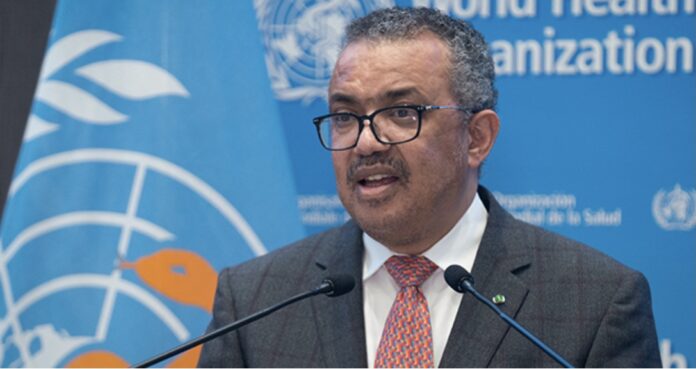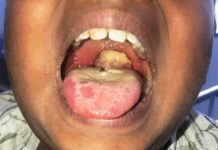Why Nigeria was excluded from WHO vaccine approval list
Nigeria has been excluded from the list of countries on track to secure the World Health Organisation (WHO) vaccine approval due to low capacity and lack of infrastructure.
This development raises concerns about the nation’s long-term health security and competitiveness in the biotech sector.
The Africa Centre for Disease Control (ACDC) recently disclosed that three African vaccine manufacturers from Egypt, Ghana and Tanzania were set to secure the WHO prequalification for eight vaccines to supply the continental market and beyond between 2025 and 2030.
“This is a major development on the continent’s drive towards self-sufficiency in vaccine production, the ACDC said.
The centre noted that the next five years will be critical in scaling up production and securing regulatory approvals to meet global standards in Africa’s push for self-sufficiency.
Godwin Ntadom, national coordinator of the Malaria Elimination Programme, disclosed this after a stakeholders’ workshop on malaria vaccine manufacturing in Abuja on Tuesday.
He said that Nigeria is not among the three manufacturers announced by the Africa CDC.
READ ALSO: America’s WHO exit and Africa’s health crisis, by Lawal Dahiru Mamman
Ntadom, who represented Muhammad Pate, coordinating minister of health and social welfare at the event, said: “The three manufacturers are not from Nigeria. They mentioned Egypt, Ghana, I think the third is Tanzania or so, but Nigeria is in the process of establishing also,” he said.
Ntadom assured that local manufacturing is a priority under the minister of health and social welfare.
Nigeria lacks the capacity to manufacture vaccines and several drugs due to non-availability of local raw materials, high production cost and foreign exchange crisis.
Drug makers say lack of petrochemical plants in the country, where inputs can be obtained is a dent on the industry.
But Ntadom highlighted that under Pate’s leadership, Nigeria has made notable progress in pharmaceutical production, stating that the country now produces some medicaments it couldn’t produce before such as nets, anti-malaria medicines. He noted that the coordinating minister has ensured that all these factories are established in Nigeria.
Nigeria’s local pharma is lagging African peers, while Senegal’s Institut Pasteur de Dakar continues to produce WHO-approved yellow fever vaccines. South Africa’s Biovac Institute has partnered with Pfizer-BioNTech to manufacture COVID-19 vaccines.
Furthermore the Africa CDC has established the Regional Capability and Capacity Networks (RCCNs), aimed at addressing the continent’s critical skills gap in bio-manufacturing and research, and is expected to play a central role in developing the workforce necessary to support nations’ vaccine ambitions.
The Institut Pasteur du Maroc (Morocco); the Unified Procurement Authority (Egypt); Africa Biomanufacturing Institute (Rwanda); Institut Pasteur de Dakar (Senegal); and Council for Scientific and Industrial Research (South Africa) were selected to play critical roles for the continent’s vaccine ambition.
The Africa CDC stated that the RCCNs were selected through a rigorous process involving independent experts who assessed the institutions based on technical expertise, training capacity, and regional impact potential.
These countries are leading the continent’s vaccine production efforts, after successfully building infrastructure, securing investments, and partnering with global pharmaceutical giants to develop their capacity.
Africa has set an ambitious goal of manufacturing 40 percent of its vaccines locally by 2040. Currently, only 1 percent of vaccines used on the continent is produced on the continent.
Africa needs to quadruple its current 3,000 vaccine manufacturing and full-time R&D employees to meet its bold goal of manufacturing 60 percent of its vaccines locally, according to Africa CDC.
According to Statista, the vaccine market in Africa is expected to witness significant growth in the coming years. By 2025, the projected revenue for this market is estimated to reach $1.58bn. Furthermore, it is anticipated that the vaccine market in Africa will continue to expand at an annual growth rate of -0.89 percent from 2025 to 2029.
Follow the Neptune Prime channel on WhatsApp:
Do you have breaking news, interview request, opinion, suggestion, or want your event covered? Email us at neptuneprime2233@gmail.com



